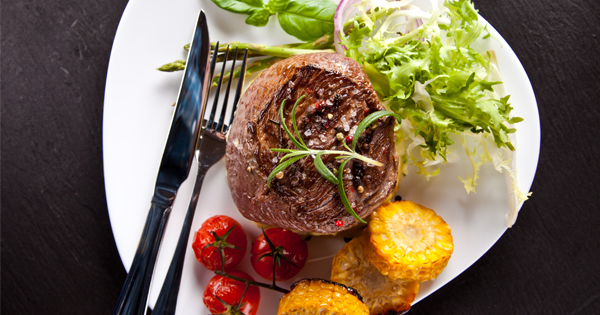Advertisement
There’s no one-size-fits-all solution for a healthy diet. But people try to act like there is, so a lot of false beliefs can get spread around.
And nutritionists hate that. Their job is to craft a meal plan that works for you, but sometimes word of mouth can make people doubt the nutritionist’s recommendations.
So what are we supposed to believe? Well, here are some commonly accepted beliefs about food that aren’t as universal as you think.
- Protein is bad for your kidneys. In the 1980s, it was discovered that protein can increase your “glomerular filtration rate,” which is the amount of blood your kidneys have to filter per minute. So they made the connection that protein must put your kidneys under stress. Of course, a great many of scientific discoveries have been made since then, and it’s been disproven that protein damages your kidneys in any way.
- Red meat can cause cancer. This is another one of those things where a study done in the 1980s invaded our public consciousness. It has since then been disproven. Red meat and cancer have no conclusive connection whatsoever.
- High fructose corn syrup is worse than sugar. A study done in 2002 showed that the increase in consumption of high fructose corn syrup ran parallel to growing rates of obesity. However, sugar and high fructose corn syrup contain about the same amount of fructose, so one efinitely isn’t better for you than the other.
- Salt causes high blood pressure. This belief dates back to the 1940s, when a researcher used salt restriction to treat high blood pressure. The real truth of this is complicated. Reducing your salt intake can certainly help lower your blood pressure if it’s high, but it isn’t seen to cause it. If you have normal blood pressure, there’s no reason to bring down your salt intake.
- Sweet potatoes are healthier than white potatoes. This belief stems mostly from the way that Americans eat white potatoes—that is, as French fries, chips, and creamy au gratin. But if you’re eating them baked, or in some way that doesn’t add anything unhealthy to it, then white and sweet potatoes are about equal in nutritional value.
So when it comes to personalizing a diet, there’s definitely no hard and fast rules.




